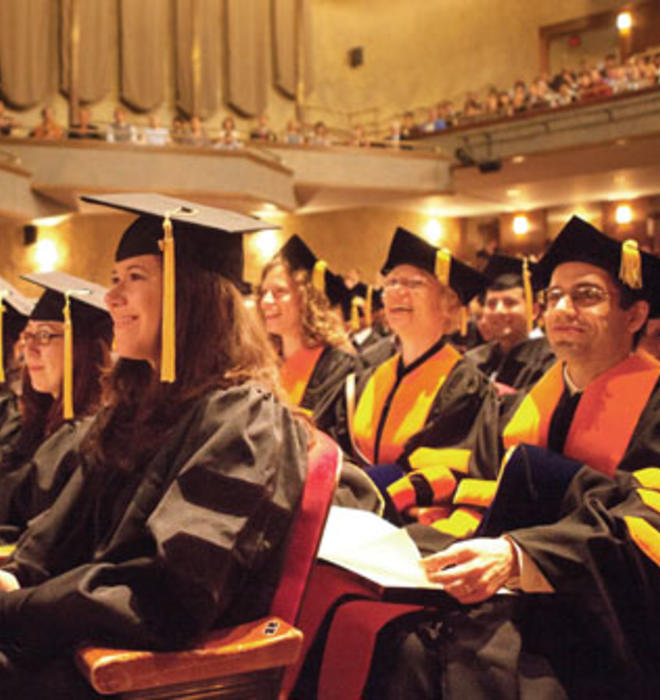
Beer for intellectuals
A little-known fact about columnist and Princeton trustee George Will *68: He is a historian of ... beer.
Will kicked off a new tradition June 4 when he became the first keynote speaker to address students at a Princeton hooding ceremony, at which advanced-degree recipients receive their academic hoods. Will welcomed the graduates into the “intellectual 1 percent” with an admonition to explain to society what they are working on and why it matters. He bemoaned the fact that academia has become estranged from the rest of society and “talks to itself and only to itself in the private language of a clerisy.”Then he launched into a set of humorous (and simplified) facts about beer — a topic on which the 1 percent and the 99 percent could unite, if ever there was one:
- Beer production required barley, which required agriculture. So humanity “developed the plow and irrigation; and humanity developed the wheel for carts to get surplus barley to markets; and humanity developed writing to record such commercial transactions at the markets, and mathematics to enable land sales and other commercial computations; and eventually, the U.S. Department of Agriculture.”
- The workers who built the pyramids in Egypt “were paid in beer chits; these were sort of early debit cards.”
- Traces of the antibiotic tetracycline — which was not “invented” until 1948 — were found in mummified bones in Egypt, the residue of beer.
- Beer “rescued the Middle Ages from one of the era’s worst scourges: water.” People drank an average of 300 liters of beer per year — about six times more than the average American adult drinks today.
- In 1773, “beer-drinking patriots” in a Boston tavern “decided to go down to the harbor and toss cases of tea into the water.” James Madison 1771 “relaxed his aversion to federal government enough to suggest that the federal government establish a national brewery to wean Americans off of whiskey.”
- Before milk was pasteurized, beer was.
- The factory system sprang from beer: It was developed “largely for the production of bottles, mostly beer bottles, which led to the modernization of the glass industry.”
Indeed, Will said, “the life of the mind should be fun.” Then he offered a final piece of advice to the newly minted scholars: “Go forth from here and have a beer. You’ve earned it.”







No responses yet